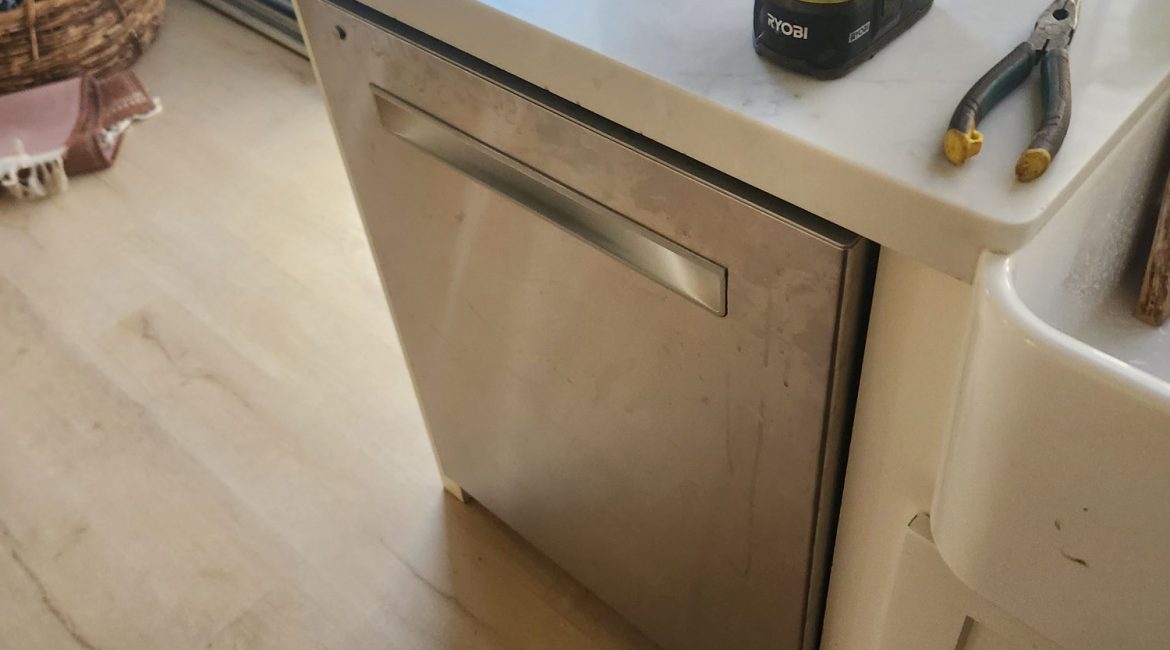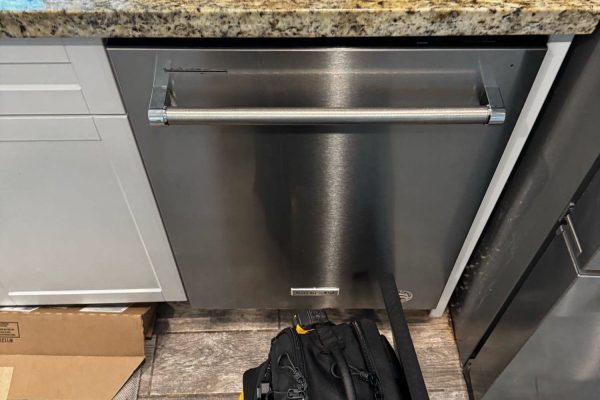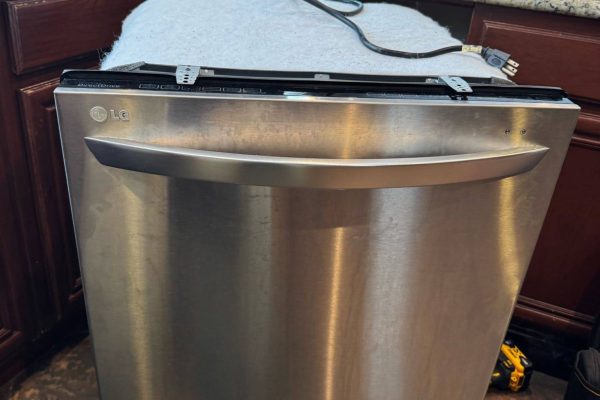Opening your dishwasher to find clean, sparkling dishes is the goal. But when you notice a cloudy film on your glassware and plates after every cycle, it’s not just frustrating—it’s a sign that something isn’t working as it should. One of the most common causes of this issue is hard water buildup or the insufficient use of rinse aid. Understanding these causes and how to address them can help restore your dishwasher’s cleaning performance and keep your dishes looking spotless.
What Is the Cloudy Film on Your Dishes?
The cloudy or milky film on your dishes is often due to mineral deposits left behind during the wash cycle. This problem is particularly common in areas with hard water—water that contains a high concentration of minerals like calcium and magnesium. As water evaporates during the drying process, these minerals can remain as a visible residue on glass, plastic, and even metal surfaces.
Cloudiness can also stem from etching, which is permanent damage caused by overly harsh detergents or very soft water. However, in most cases, a temporary film caused by mineral deposits is to blame, and it can be resolved with the right maintenance and adjustments.
Hard Water and Its Impact on Your Dishwasher
Hard water affects many aspects of household cleaning, and dishwashers are no exception. The minerals in hard water interfere with detergent effectiveness, meaning your machine must work harder to clean the same load. Over time, these minerals can also accumulate inside your dishwasher—on spray arms, heating elements, and filters—reducing performance and efficiency.
If your area has hard water, you may notice not only cloudy dishes but also chalky white residue inside the appliance and spotting on silverware. These signs point to a need for descaling and possibly the installation of a water softener.
The Role of Rinse Aid
Rinse aid is designed to help water sheet off your dishes rather than leaving behind droplets that dry with mineral deposits. It works by reducing surface tension, allowing water to glide off dishes during the final rinse. This not only reduces spots and film but also speeds up the drying process.
If your rinse aid reservoir is empty or not functioning properly, you’re more likely to experience cloudy film on your dishes. In some cases, users forget to refill the rinse aid or incorrectly assume it isn’t necessary because they’re using multi-action detergent pods. However, even with high-quality detergents, a separate rinse aid is essential—especially in hard water conditions.
How to Prevent Cloudy Dishes
To stop cloudy residue from forming, here are a few steps to follow:
- Check and refill the rinse aid regularly. If your dishwasher has an indicator light for rinse aid, pay attention to it.
- Use a dishwasher cleaner or descaler monthly. This helps remove mineral buildup inside the machine.
- Consider installing a water softener if your area is known for hard water. This will improve your dishwasher’s effectiveness and prolong its lifespan.
- Choose the right detergent. Opt for high-quality detergent designed for hard water use. Avoid using too much detergent, which can also cause filming.
- Run the hot water before starting your dishwasher. Hot water dissolves detergent more effectively and helps reduce residue.
- Inspect and clean spray arms and filters regularly to ensure water is being distributed properly during the wash cycle.
When to Call a Professional
If you’ve tried all of the above and your dishes are still coming out cloudy, the issue may lie deeper within your appliance. A malfunctioning rinse aid dispenser, clogged water inlet valve, or damaged heating element can all affect your dishwasher’s ability to clean effectively.
Additionally, if your dishwasher is several years old, mineral buildup inside components may require professional descaling or part replacement. In some cases, electronic components that regulate rinse cycles or temperature settings may be malfunctioning and need inspection.
Professional Help You Can Trust
Don’t let cloudy dishes ruin your meals or your mood. If your dishwasher isn’t performing the way it should, it’s time to call in the experts. At Oceanside Appliance Service Center, we specialize in diagnosing and fixing all types of dishwasher problems—from hard water buildup and rinse aid dispenser issues to worn-out components and internal clogs.
Our experienced technicians are trained to work with all major brands and models, and we’ll ensure your dishwasher is back to running smoothly—so your dishes come out clean and clear every time.
Stop wasting time re-washing dishes or scrubbing off cloudy residue by hand. Schedule a professional inspection with Oceanside Appliance Service Center today and restore your dishwasher’s performance. Clean dishes are just a call away.
Contact us
(442) 291-2244


